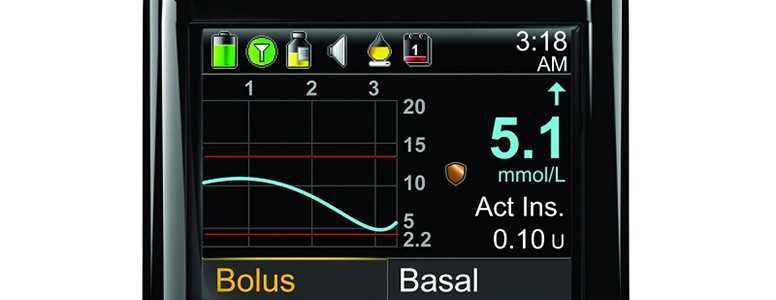The first of four major clinical trials is underway to test the efficacy of artificial pancreas systems in treating people with type 1 diabetes.
Four separate projects are being funded by the National Institute of Diabetes and Digestive and Kidney Diseases (NIDDK), part of the National Institutes of Health.
“These studies aim to collect the data necessary to bring artificial pancreas technology to the people who need it,” said Dr. Guillermo Arreaza-Rubí, director of NIDDK’s Diabetes Technology Program. “Results from these studies could change and save lives.”
The four trials will look at factors such as safety, efficacy, user-friendliness, cost and physical emotional wellbeing of participants. The devices tested in these trials are:
inControl – recruiting has begun for two six-month studies investigating the University of Virginia’s automated insulin delivery system
iLet – in mid-2018, the University of Boston’s bionic pancreas will be tested on 312 people over a six-month period
Medtronic 640G PUMP and ENLITE 3 sensor – recruitment is scheduled later in 2017 for a year’s study on 130 youths
MD-Logic Automated Insulin Delivery System – Israel and California scientists will test the system on 100 youths for three months
All the participants in these trials will live at home and monitor themselves, with their health outcomes monitored by study staff.
Existing studies into artificial pancreas systems have largely been short-term, but these new trials will be conducted in larger groups over longer periods of time and in largely unrestricted conditions.
Should the artificial pancreas system prove successful, it could be a significant treatment development for people with type 1 diabetes.
“For many people with type 1 diabetes, the realisation of a successful, fully automated artificial pancreas is a dearly held dream,” said NIDDK Director Dr. Griffin P. Rodgers.
“It signifies a life freer from nightly wake-up calls to check blood glucose or deliver insulin, a life freer from dangerous swings of blood glucose.
“Nearly 100 years since the discovery of insulin, a successful artificial pancreas would mark another huge step toward better health for people with type 1 diabetes.”
What's new on the forum? ⭐️
Get our free newsletters
Stay up to date with the latest news, research and breakthroughs.








